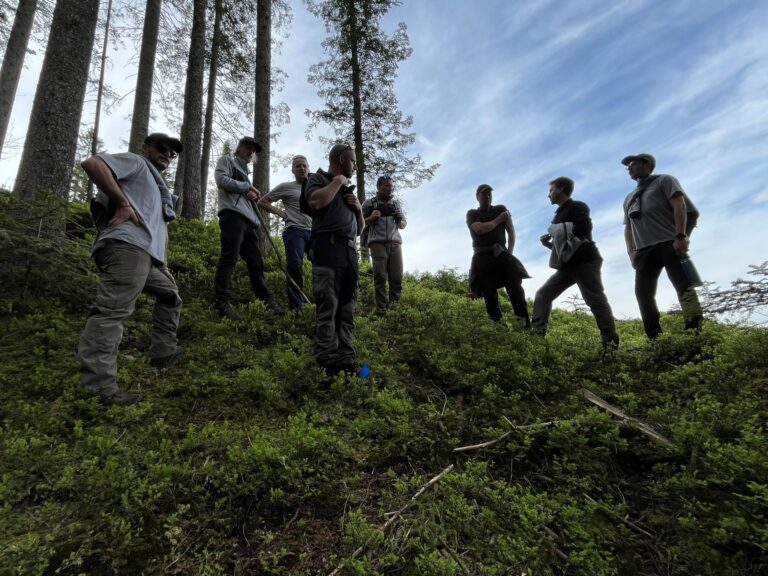
For the development of destinations and regions, we place great emphasis on a sustainable, systematic and professional approach.
Our targeted approach carefully considers the economic, social, and environmental needs of local communities — ensuring the long-term success of trail and mountain bike tourism, as well as broader regional development. Every project begins with a thorough analysis of the baseline conditions and local requirements.
In tourism regions, we apply the Business Model Canvas to clearly demonstrate the economic value generated for the local economy.
In urban and recreational areas, we focus more on the needs of users, stakeholders, and the surrounding ecosystem. Through this holistic approach, we aim to enhance both the quality of tourism offerings and the overall well-being of the community.
Analyses
Our benchmark studies offer a comprehensive comparison between your region and leading mountain bike destinations. They uncover strengths, highlight areas for improvement, and identify best practices to guide future development.
Our potential analyses deliver in-depth insights into the current and future opportunities of a region within the field of mountain bike tourism — providing a solid foundation for strategic decision-making.
Feasibility and variant studies assess the viability of trail tourism projects. They identify optimal development paths and support risk minimization while maximizing the chances of long-term success.
Our demand assessments determine the specific needs and expectations of your target groups. This allows for the creation of tailored, user-focused offers that foster satisfaction and long-term loyalty.
REGIONAL
Strategies
Inventory and needs analyses provide a clear picture of existing trail infrastructure and identify future requirements. This forms the basis for sound planning and sustainable development in the region.
National or regional mountain bike and trail strategies establish a framework for developing mountain bike concepts tailored to the region’s specific conditions and potential — supporting long-term, sustainable growth.
Coexistence concepts define guidelines and measures to ensure the peaceful and respectful sharing of trails among different user groups, helping to reduce conflicts and foster mutual understanding.
Trail user concepts for slow traffic promote sustainable mobility by integrating bicycle and trail use into regional traffic planning. They also enhance accessibility and safety for all trail users.
Trail tourism
Concepts
Our trail tourism route planning focuses on designing detailed trail connections and coherent networks. These are based on in-depth analysis of geographic conditions and user needs — resulting in ecologically sustainable, functional, and attractive trail systems.
Gravel biking concepts develop off-road routes that utilize regional landscape features to offer a challenging riding experience and meet current cycling trends.
Business
models
ROI analyses for trail tourism projects deliver detailed insights into the return on investment by assessing the benefits achieved in relation to the costs incurred. These insights support well-informed and data-driven decision-making.
Business models for trail destinations focus on developing sustainable strategies that leverage the region’s unique characteristics — creating added value for visitors while driving growth in the local economy.
We develop, plan, build, and share knowledge—from detailed services to the entire value chain.
We analyze. We develop regional strategies, business models, and identify your trail tourism concept
Our teams build and maintain your infrastructure: trails, hiking paths, skills centers, bike parks, velo parks, modular pump tracks…
Please tell us more about your situation. From development to planning, construction and knowledge transfer, we at ALLEGRA are there for you in all phases.
…we also have mobile pump tracks and bike elements for exercise-promoting bicycle playgrounds?
